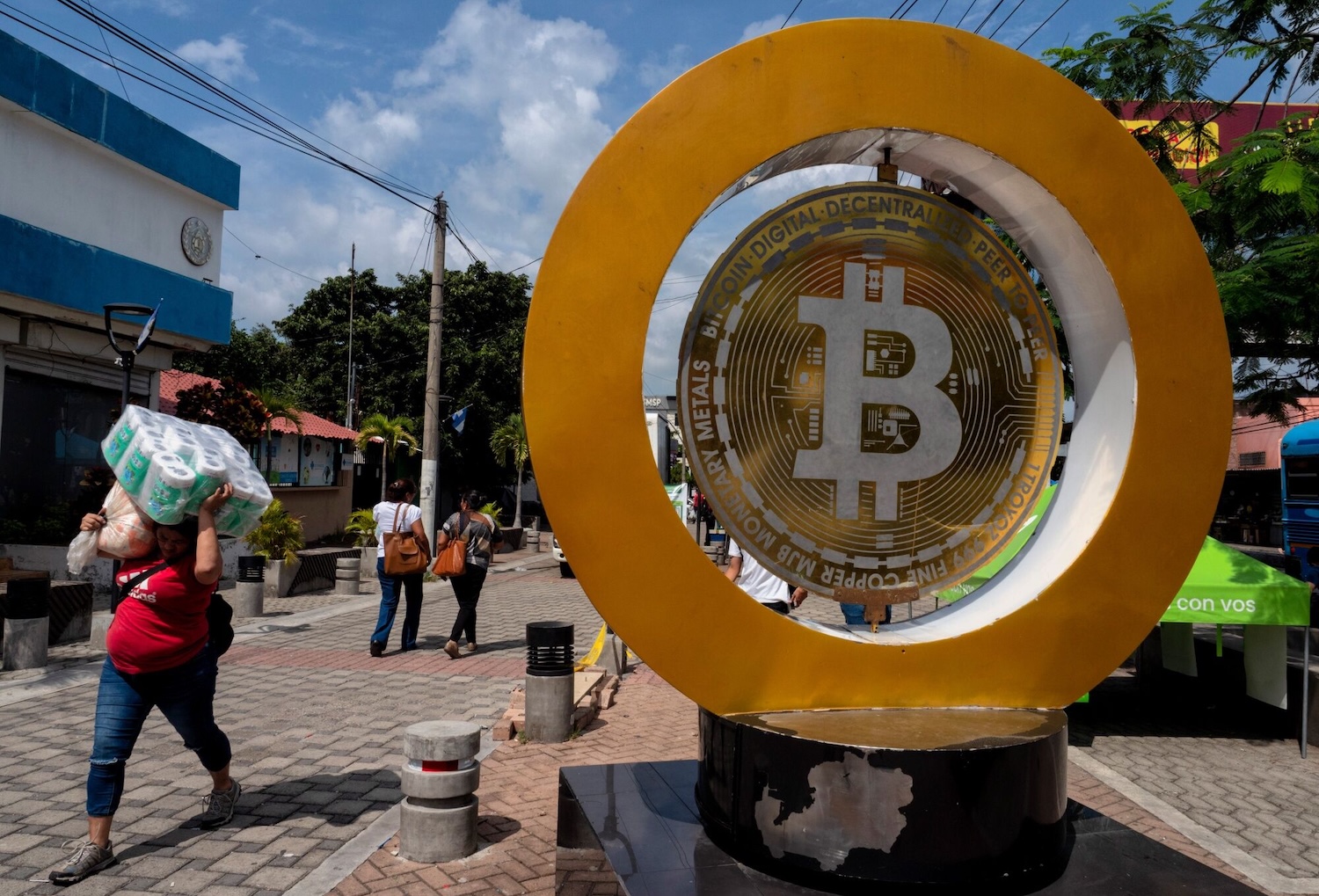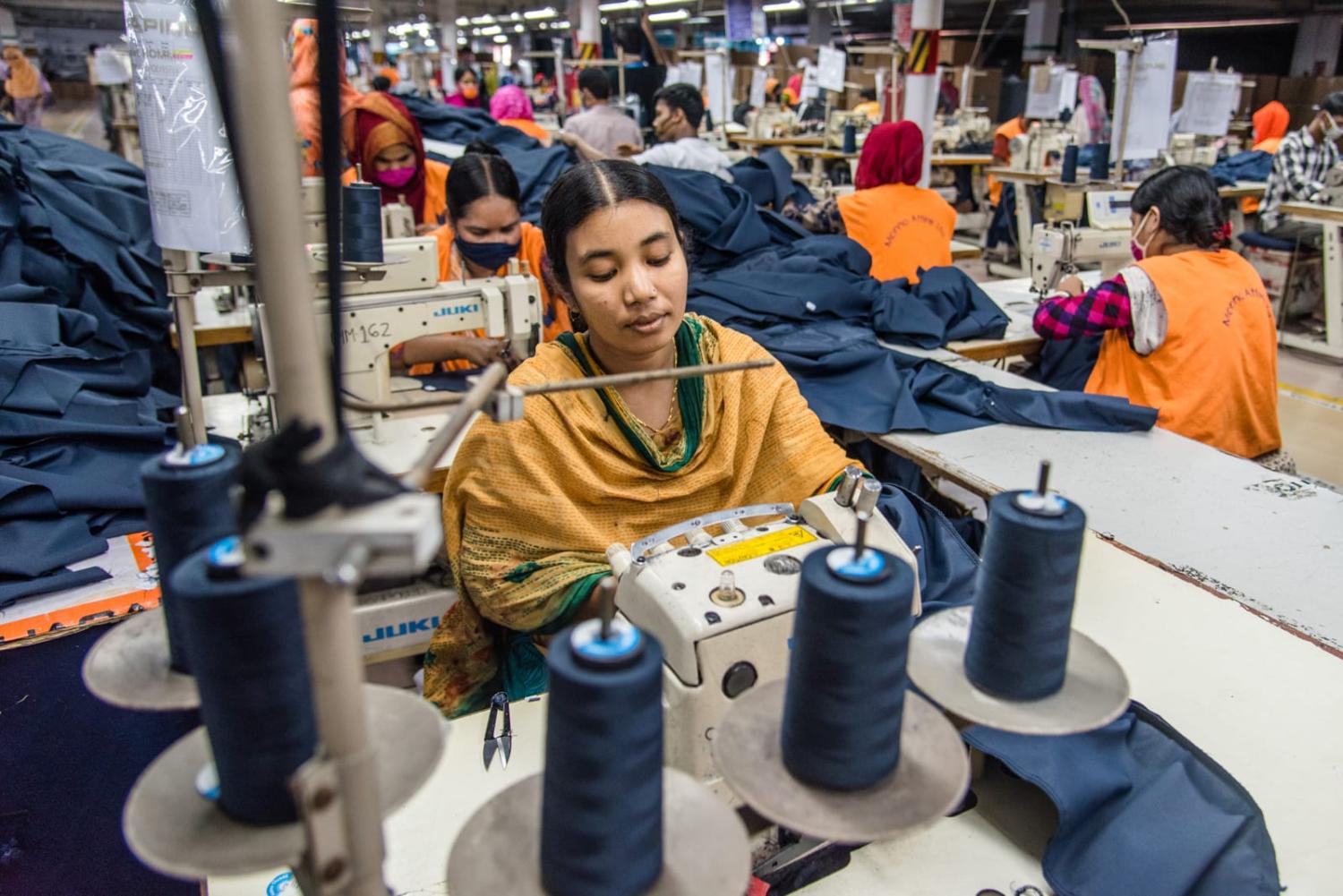Sri Lanka’s rice importers have been forced to cancel significant orders due to a combination of stringent state controls, a narrow import window, and adverse weather conditions in India, industry sources revealed. The situation highlights the ongoing challenges faced by the nation’s trade and food supply systems.
The government’s recent decision to lift food import licensing requirements, in place since the Rajapaksa administration, was expected to provide some relief. However, the temporary suspension—which lasts only until December 20—has proven too restrictive for many importers.
“The timeframe is simply insufficient,” a trade source explained. “Severe weather in Tamil Nadu delayed shipping schedules, making it impossible to meet the deadline.”
The uncertainty surrounding re-export requirements for delayed shipments further compounded the risks, forcing numerous importers to cancel their orders altogether.
Adding to the burden are steep import taxes and government-imposed price controls. A tax of 65 rupees per kilogram—equivalent to approximately $220 per tonne—has kept prices nearly 50% higher than global averages, where export prices hover around $450 per tonne. Price controls, reintroduced in recent years, have further increased risks for traders and discouraged imports.
The Consumer Affairs Authority’s history of price regulations has already disrupted several essential sectors, including poultry and eggs, creating persistent shortages.
Price controls were abandoned in Sri Lanka in 1978 as part of liberalization efforts, but their resurgence has brought back market distortions. Critics argue that these measures benefit politically connected producer lobbies, fostering oligopolies in essential commodities such as food and housing. Locally, these protected groups are often referred to as “mafias” due to their outsized influence on the market.
Sri Lanka’s restrictive trade policies stand in stark contrast to global trends, where open markets and competitive pricing dominate. The combination of high taxes, licensing, and price controls has not only stifled trade but also exacerbated the cost of living for ordinary Sri Lankans.
As December 20 looms, the government’s approach to addressing these issues will be critical. Failure to act decisively risks prolonging shortages, raising prices further, and eroding public confidence in the country’s economic management.
For now, Sri Lanka’s rice importers are left grappling with the fallout of policies that seem to hinder rather than help the nation’s food security. The cancellation of rice orders amid these challenges serves as a stark reminder of the need for more pragmatic and trader-friendly solutions.




